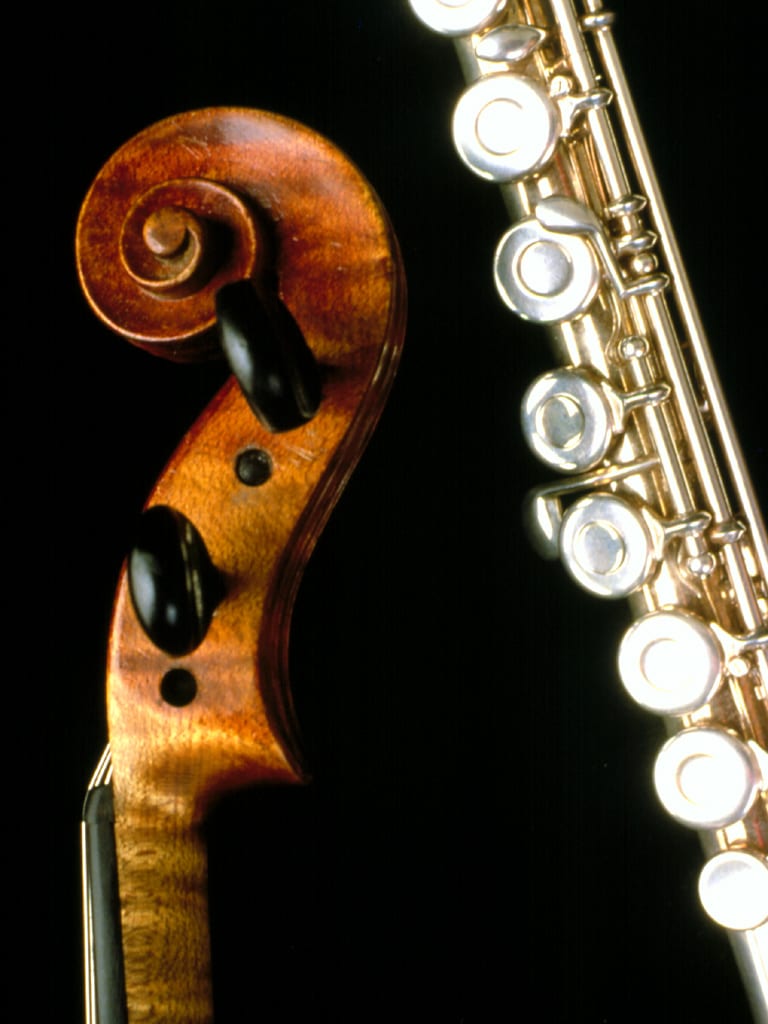Music is a global phenomenon. Each musician brings his own unique voice and teaches audiences about various cultures and traditions throughout the world. To perform in the United States, foreign musicians must first obtain visas from the U.S. Citizen and Immigration Services (USCIS). [1] Artists who file with USCIS apply for a P or O visa and various subcategories within P and O visas classify the different types of performers who enter the country. [2] For example, an O-1B visa is for artists who are of international fame, while a P-3 visa is for artists who are designated as “culturally unique.” [3] However in the current application process, international musicians have trouble obtaining permission to enter the country and are forced to cancel their engagements. [4] This places a strain not only on the musicians who want to gain exposure in the U.S. market, but also on American venues that expect these artists to perform for their audiences on a specified date. [5] The USCIS is supposed to return visas to artists within fourteen days of the application, but it is not unusual for these visas to take up to six months. [6]
Dave Webster, national organizer for live performance at the U.K. Musicians Union, stated that “in the past year, we’ve been told numerous times of U.K. musicians traveling to the U.S., having gone through the visa application process, and then having that fail them, causing them to re-book flights, cancel shows and re-book tours. There is a real problem, in our view, with the current visa application process.” [7]
Senate Judiciary Committee members introduced a bill, known as the the Arts Timely Services Act of 2016 or the ARTS Act of 2016, to remedy this issue. [8] Senators Orrin Hatch (R-Utah) and Patrick Leahy (D-Vermont) introduced the legislation on Monday, February 8, 2015, which states “the Secretary of Homeland Security shall provide the petitioner with the premium processing services without a fee” if the petition is not responded to within the fourteen day period. [9] Previously, the artists could pay for premium processing, which was designed to expedite this process within fifteen days. However, this process costs $1,225, which puts a strain on non-profit arts organizations. [10]
Music and arts organizations see this bill as a step in the right direction. [11] Ray Hair, the President of the American Federation of Musicians, expressed frustration with the current state of affairs and sees the ARTS Act as a necessary step toward protecting the interests of artists. “Unfortunately, many musicians have suffered economically from gig cancellation and job loss in the U.S. because of bureaucratic backlogs, despite current law. The ARTS Act will help musicians by repairing our broken visa system.” [12]

